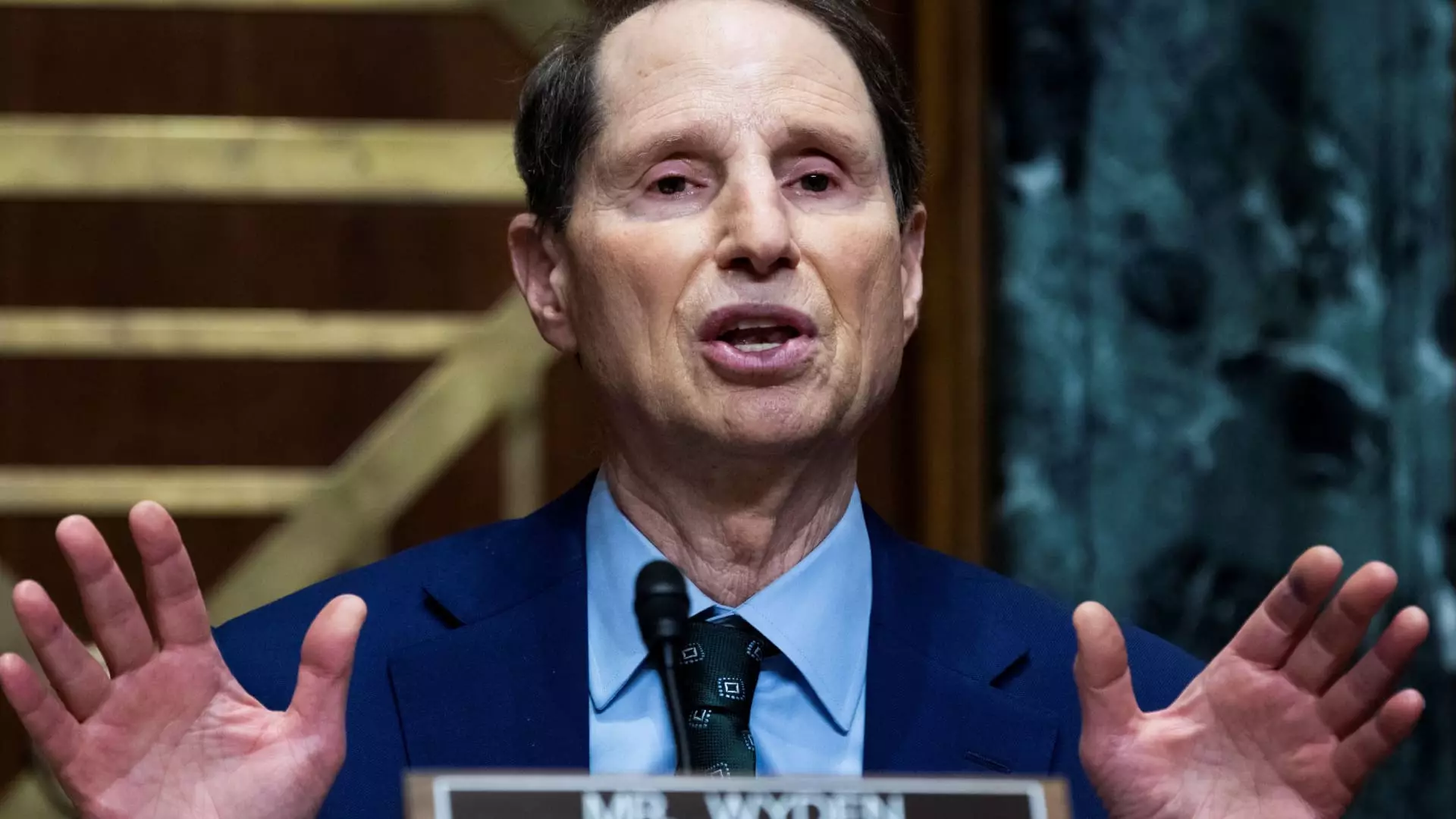The Tax Cuts and Jobs Act (TCJA), introduced under former President Donald Trump, marked a significant shift in the landscape of American taxation when it was enacted in 2017. Its sweeping changes were tailored to provide substantial tax relief to families, small businesses, and corporations alike. However, a critical aspect of the TCJA was its temporary nature; many of its provisions are poised to expire after the year 2025 unless Congress takes action to extend them. The implications of these expiring tax breaks throw policymakers into a complex debate, positioning the future of millions of American families and small enterprises at stake.
Key features of the TCJA included a reduction in federal income tax brackets, increased standard deductions, enhanced child tax credits, and the establishment of higher thresholds for gift and estate taxes. Furthermore, it permanently lowered the corporate tax rate to 21%, a decision that received mixed reactions from budget-conscious economists and social advocates alike. As the expiration date approaches, both lawmakers and citizens alike are weighing the possible outcomes of these fiscal changes.
The potential expiration of TCJA provisions raises significant concerns, particularly regarding tax equity and revenue generation. According to the Tax Foundation, estimates suggest that if these temporary provisions are allowed to lapse, over 60% of tax filers may see an increase in their tax liabilities. This statistic elucidates the gravity of the situation, especially for middle-class families who stand to be disproportionately affected by such changes.
During recent Senate hearings, the urgency of this dialogue was evident. Senate Finance Committee Chairman Ron Wyden, D-Ore., emphasized that this transition could represent a “make-or-break moment” for both the federal budget and the American middle class. The stakes are particularly high as lawmakers must balance extending tax benefits with managing the burgeoning federal budget deficit and national debt, which already underscores the precarious nature of governmental financial stability.
Small businesses, often viewed as the backbone of the American economy, are particularly anxious about the expiration of the qualified business income deduction (QBI). This tax incentive offers eligible small business owners the opportunity to deduct up to 20% of their income—a critical lifeline amid economic challenges such as the pandemic and inflationary pressures. The National Federation of Independent Business, which represents around 300,000 independent businesses, has urged lawmakers to consider making the QBI deduction permanent. Jeff Brabant, the organization’s vice president for federal government relations, articulated this concern at a recent Senate hearing, underscoring the fragility faced by many small business owners today.
The survival of these businesses is increasingly contingent on favorable tax policies, particularly in an environment where competition is fierce and economic shocks are unpredictable. The importance of tax relief extends beyond mere profit margins; it often dictates the capacity of small businesses to retain employees and spur economic growth.
Family Welfare and Tax Policy
The debate does not conclude with small businesses; family welfare is another critical facet influenced by impending tax changes. The expansion of the child tax credit significantly aided working families, providing financial relief and contributing to the notable reduction in child poverty rates during its temporary enhancements. The American Rescue Plan of 2021 uplifted the maximum child tax credit to $3,600 per child for eligible families, a figure that had a profound impact on after-tax incomes for many households.
However, with the expiration of these provisions looming, experts warn against a possible resurgence of child poverty rates that could negatively impact economic recovery and societal well-being. Indivar Dutta-Gupta, a fellow at Georgetown University, reminded lawmakers of the child tax credit’s fundamental role in enhancing family income, accentuating the need for its retention.
Navigating the Fiscal Landscape
As discussions unfold in Congress regarding the future of TCJA provisions, the landscape remains fraught with complexity. Lawmakers face the dual pressure of responding to the immediate needs of American families and small businesses while simultaneously grappling with long-term fiscal sustainability. The challenge is intensified by skepticism surrounding budgetary constraints, exacerbated by an already staggering national debt—over $35 trillion, according to the U.S. Department of the Treasury.
While the current debates are characterized by urgency and conflicting priorities, the path forward is uncertain. Navigating these tax policy dilemmas requires careful consideration of both economic and social ramifications, ensuring that the decisions made today will foster a resilient and equitable economy for the future.


Leave a Reply